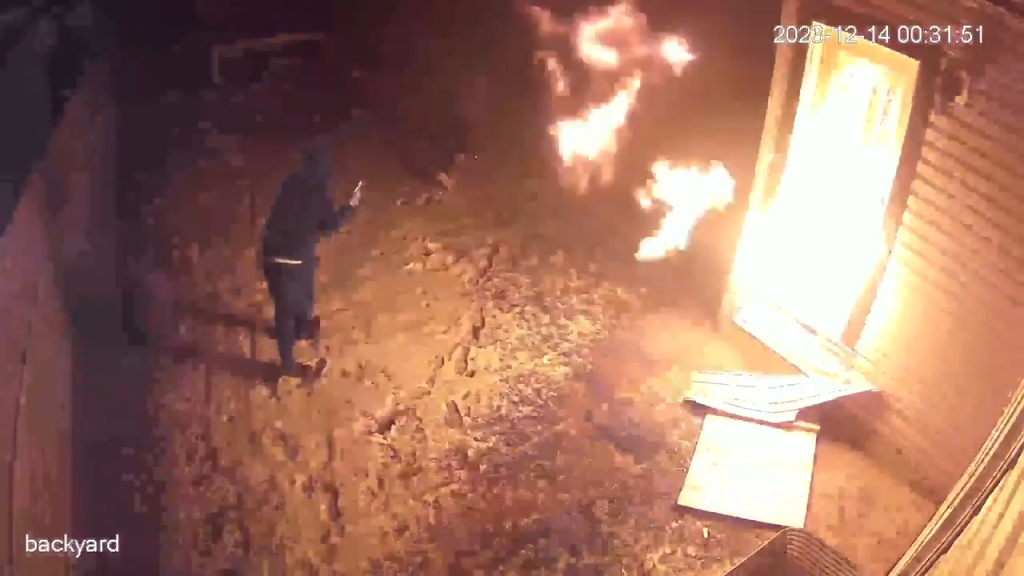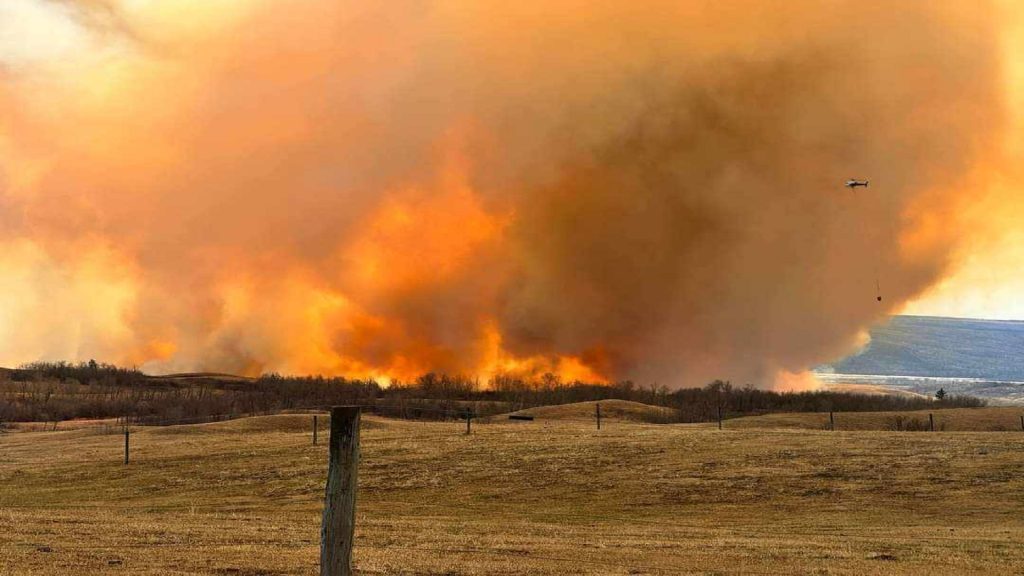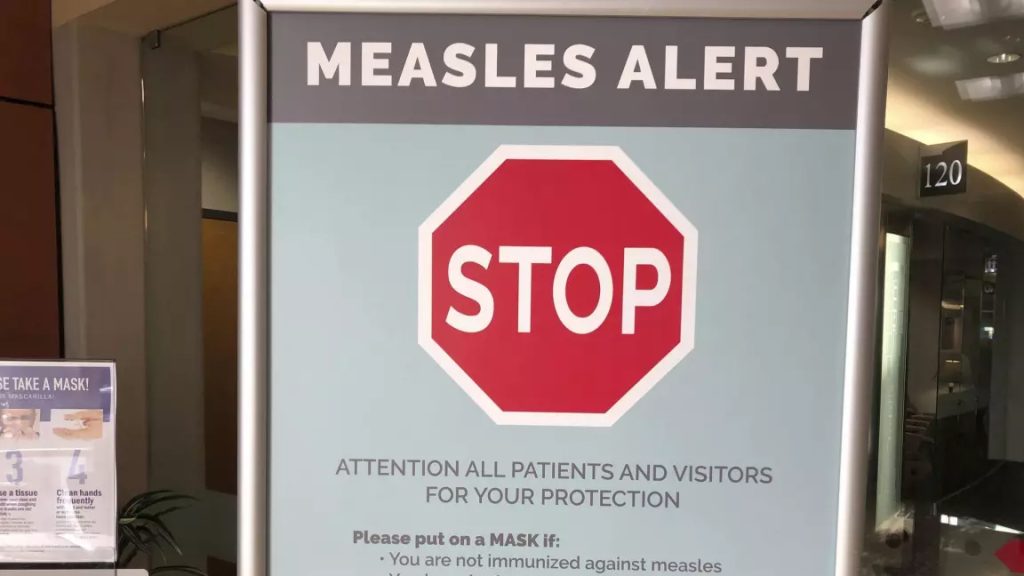Year in review: Wet’suwet’en protests
Posted December 26, 2020 7:00 am.
KITIMAT, B.C. – Before COVID-19 and demands for racial equality took over headlines, it looked like Indigenous land rights would be the top story in 2020.
On Jan. 1, the Wet’suwet’en First Nation served Coastal GasLink with an eviction notice, telling the company workers are “currently trespassing” on their unceded territory.
The British Columbia government appointed former New Democrat MP Nathan Cullen as a provincial liaison with Wet’suwet’en hereditary chiefs in the LNG pipeline dispute.
The hereditary chiefs of the Wet’suwet’en agreed to seven days of meetings with the province, but the talks that were intended to de-escalate the dispute fail after just two days.
RELATED: A timeline on rail disruptions by anti-pipeline protesters across Canada
RCMP arrested several self-identifying land defenders on Wet’suwet’en territory, sparking solidarity protests across the world.
Two hereditary chiefs from the Wet’suwet’en First Nation launched a constitutional challenge against the Coastal GasLink natural gas pipeline, in the hopes that the Federal Court would declare Canada has a constitutional duty to meet international greenhouse gas emission targets.
For weeks protesters targeted railways, ports, and urban intersections, declaring reconciliation dead and halting the shipment of goods from coast to coast.
WATCH: Tensions run high at blockade on CN Rail line in Edmonton
It left Canadians frustrated and divided as the economy slowed and blockades went on for weeks.
Conservative Leader Andrew Scheer said anti-pipeline protesters blockading vital rail lines should “check their privilege” and let people do their jobs.
Scheer called the protests illegal and referred to activists who “have the luxury of spending days at a time at a blockade.”
RELATED: Prime Minister demands anti-pipeline barricades come down
Prime Minister Justin Trudeau said disruptions must be resolved through dialogue, not by ordering in the police.
Alberta politicians decided near the end of February to fight back by proposing harsher penalties for protesters. The first bill of that province’s spring session is called the Critical Infrastructure Defence Act was aimed at helping the government get one step ahead.
“[Bill 1] imposes stiff new penalties on lawbreakers who purposefully block critical, essential infrastructure, such as railways, roadways, telecommunication lines, utilities, oil and gas production and refinery sites, pipelines, and related infrastructure,” Alberta Premier Jason Kenney said at the time.
At the beginning of March, the government seemed to reach a partial agreement with hereditary chiefs.
“My understanding is that there has been agreement on the broader issues of Aboriginal title and rights within the Wet’suwet’en territory,” Grand Chief Stewart Philip, President of the Union of BC Indian Chiefs, said at the time.
“However the issues in terms of opposition to the pipeline continue, as well as the objection to the RCMP presence the territory to safeguard the assets of the pipeline. Those are outstanding issues yet to be resolved.”
A joint statement issued by Wet’suwet’en Hereditary Chief Woos, Scott Fraser, B.C.’s Minister of Indigenous Relations and Reconciliation, and Carolyn Bennett, federal Minister of Crown-Indigenous Relations, said no agreement was reached on the pipeline.
-with files from the Canadian Press, NEWS 1130, and CityNews








